INTERREG
About INTERREG
INTERREG is part of the Cohesion Fund (CF) belonging to the European Structural and Investment Funds (ESIF) (formerly called Structural Funds).
European Territorial Cooperation (ETC), better known as Interreg, is one of the two goals of cohesion policy and provides a framework for the implementation of joint actions and policy exchanges between national, regional and local actors from different Member States. The overarching objective of European Territorial Cooperation (ETC) is to promote a harmonious economic, social and territorial development of the Union as a whole. Interreg is built around three strands of cooperation: cross-border (Interreg A), transnational (Interreg B) and interregional (Interreg C).
Application specifics
State Aid
- Interreg funding is not by definition compliant with State Aid regulation (as opposed to Horizon Europe funding). Compliance is the responsibility of the Beneficiary (in our case Ghent University).
- In practice, UGent TechTransfer will check every proposal before the deadline for compliance with State Aid regulations and draft an analysis. Based on this, the final budget and the nature of the cofunding will be checked by the EU-team. Once the project is selected for funding, the project will be monitored based on the State-Aid analysis.
- In order to offer this service, applicants need to notify the EU-team at least 6 weeks before the deadline. It is sufficient to know the general approach and activities of the project.
Cofunding
- Interreg projects require cofunding. Usually only 50% of all your project costs will be funded by Interreg.
- In light of the chosen State Aid approach (GBER or the Framework Agreement R&D&I), the cofunding can come from private companies or from public agencies, such as in-kind funding of own staff costs, the Hermes Fund, or the Province of Eastern Flanders.
Administration and financial reporting
- Every 6 months your costs need to be reported (including full audit track) and audited.
- Make sure you have sufficient administrative support staff at your research group, and one contact point and budget holder in case of participation of several research groups.
Management of programmes
The operational management of INTERREG projects is done by a Management Authority reporting to DG Region of the European Commission. Each Management Authority manages an Operational Programme (OP) as part of the ESI-Funds. Current OPs have been set until 2020. After that date new OPs will be drafted.
Each OP encompasses a certain cross-boundary area.
These are the five relevant Operational Programmes for Ghent University:
- INTERREG Vlaanderen-Nederland
- INTERREG Vlaanderen – Wallonië – Frankrijk
- 2 Mers Seas Zeeën
- North West Europe Programme (NWE)
- North Sea Region
Thematic priorities
The European Commission has listed 11 thematic priorities to be able to better direct the purpose of these funds. Each Management Authority can select five of these priorities.
The first thematic priority is “Strengthening research, technological development and innovation”. From now on, ESIF can be used to fund research activities. Nearly all Management Authorities in Europe have selected this first priority in their Operational Programme.
DG Region wants the Management Authorities to spend this money wisely, therefore they have linked this priority to the obligation to develop a Research and Innovation Smart Specialisation Strategy (RIS3).
Three strands of collaboration
There are three types of INTERREG projects:
- INTERREG A: cross border cooperation
- INTERREG B: transnational cooperation within a region
- INTERREG C: interregional projects
UGent researchers can participate as a partner in the following INTERREG Programmes:
INTERREG B: Euregio Scheldemond
|
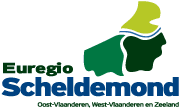 |
INTERREG B: INTERREG Vlaanderen – Nederland
|
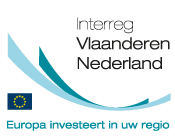 |
INTERREG B: INTERREG Vlaanderen – Wallonië – Frankrijk
|
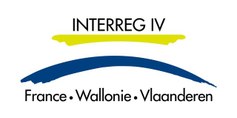 |
INTERREG B: INTERREG 2 Mers Seas Zeeën
|
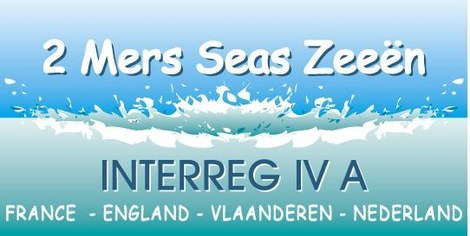 |
INTERREG B: INTERREG North West Europe Programme
|
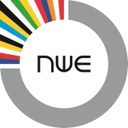 |
INTERREG C: INTERREG North Sea Region
|
 |
INTERREG EUROPEwebsite |
More information
If you have questions regarding these Interreg programmes, or if you plan to apply, please contact the EU-team.